Among the major market challenges at present is the decision by JMP Wilcox, the largest textile recycler in the UK, to step back from buying kerbside collected material due to high levels of contamination.
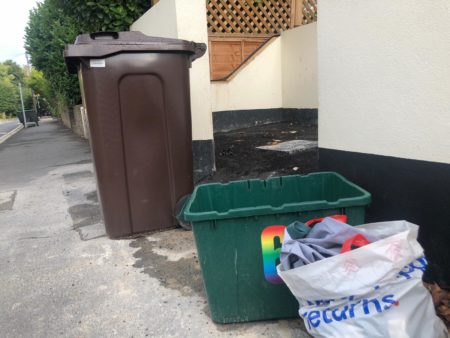
Others are also rumoured to be close to following suit or have already heavily reduced the price they are willing to pay for material. Some have even said they will take the material but will not pay for it.
Traditionally, textile recyclers collect clothes from banks, shops and household waste and recycling centres before taking it to a sorting facility, where it is sold on to be re-worn across the world, mainly in Eastern Europe, Africa and the Middle East.
But, in recent years many a number of local authorities have rolled out kerbside textile collections, brought on in response to calls to reduce the amount of waste being sent to landfill, and to give consumers easier access to recycling schemes.
Concerns
Concerns exist among textile recyclers, however, over the quality of material collected from the kerbside.
Some have been reporting that the material is of such low quality that it is not possible to be recycled or worn again. This is because clothes are often left out where they get wet, mixed with other side bag waste and even splashed with dirty water when being carried on a cage in a collection vehicle.
Concerns were also expressed that a kerbside collection of textiles also encourages people to put out their old clothes which are damaged beyond repair. These previously would have gone to landfill or used for energy recovery.
As a result, kerbside material “is basically the same as collecting rubbish”, one industry source told letsrecycle.com.
Measures
Local authorities in the meantime are reluctant to withdraw kerbside textile collections to avoid resident confusion, but this has left some struggling to secure viable outlets for the material.
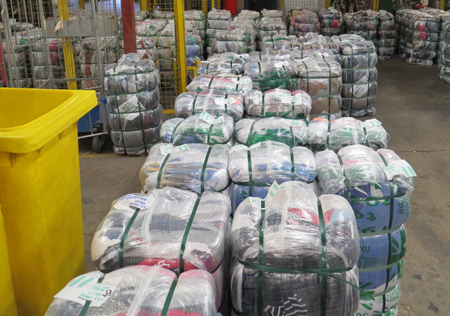
Among the councils to be affected are those in South West England. One of these, Gloucester city council, said that it has found alternative outlets for material after a contract with Wilcox was ended.
A spokesperson for the council said: “Our contractor Amey sell all recyclable materials on our behalf and had a contract with Wilcox Textiles until they recently made the decision to no longer take textiles which had been collected at the kerbside.
“Amey have now entered into a new contract arrangement. We have only had one collection so far, so I cannot say whether we are likely to have any further problems. We do request that residents present their textiles in tied carrier bags to keep them dry and the feedback from Wilcox was that Gloucester’s textiles were a good quality but that contamination of wet clothes from elsewhere was too high to be a sustainable business model.”
Another council, Walsall, said it decided to drop textile collections altogether but insisted that this was down to low take-up by residents, and not due to the issues around quality.
Councillor Oliver Butler, portfolio holder for clean and green at Walsall Council said: “Following a pilot started in 2017, we rolled out a quarterly kerbside collection of textiles in April 2018. Unfortunately there was a low take-up from residents and so the service was withdrawn earlier this year.”
Ealing council, another which listed JMP Wilcox as a contractor, has said it is starting to look for another contractor for kerbside material, and in the meantime is moving the collected material to HWRCs, where they are processed as normal.
Markets
Issues with contamination are coupled with ongoing problems in end markets across the world.
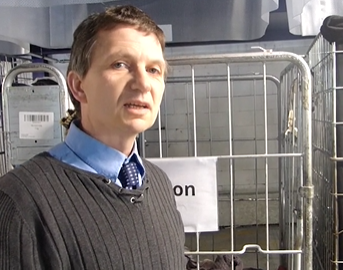
Markets for lower grade textiles have been under pressure in recent years, which has been put down to a range of issues including Chinese exports of clothing into the African market, as well as weak currencies and political pressure to stop importing foreign clothes, and instead manufacture them locally to boost the economy.
In East Africa, the East African Community customs union and common market (EAC) had pledged to ban the imports of clothing from this year in order to stimulate local production, as part of efforts in the African Growth and Opportunity Act.
This has since been pushed back, with Kenya pulling out of the agreement, but it highlights the pressure faced in this industry.
In Pakistan, where around 15% of clothing exports from the UK end up, the Pakistan second-hand Clothing Merchants has urged the government to remove a 10% regulatory duty on used clothing imports, saying it is prohibiting clothes from entering the country.
Value
Despite this, United Nations trade statistics show that the value of textiles imported from West Africa and Ireland have increase, suggesting there is still an appetite for clothing, but only high-quality material.
Commenting on the market situation, Alan Wheeler, director of the Textile Recycling Association said: “There are pressures on export markets at the moment which might in part be able to explain why it is becoming more difficult to move used clothing.”
He also pointed out that a number of African customers have begun specifying higher value clothing for orders, and added that as ‘fast fashion’ in the UK shows no sign of slowing, the issue is becoming difficult to manage.





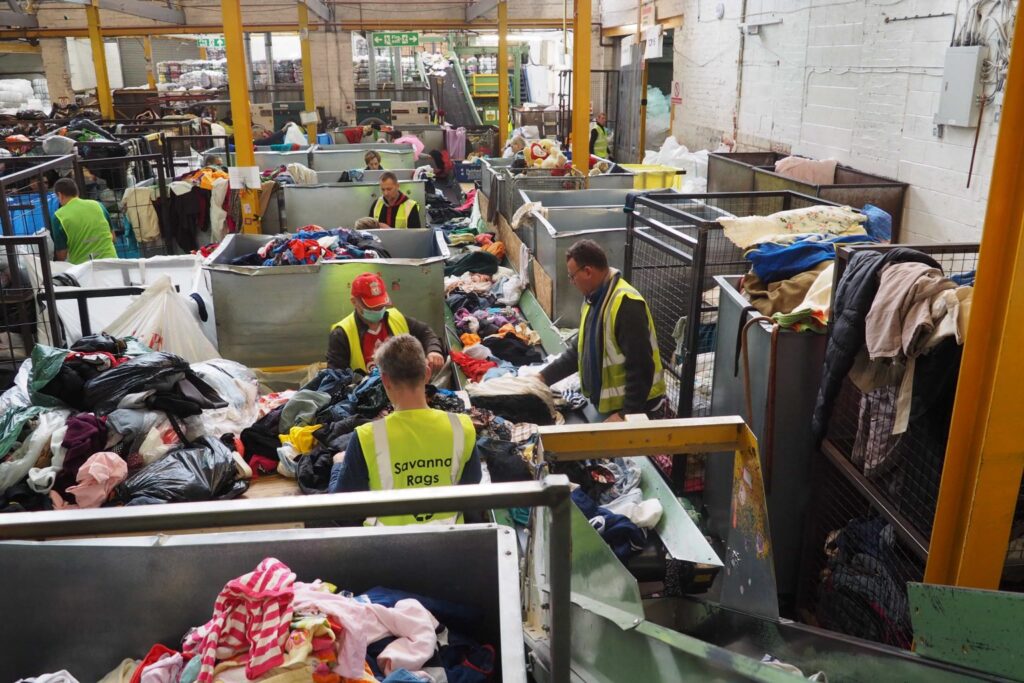
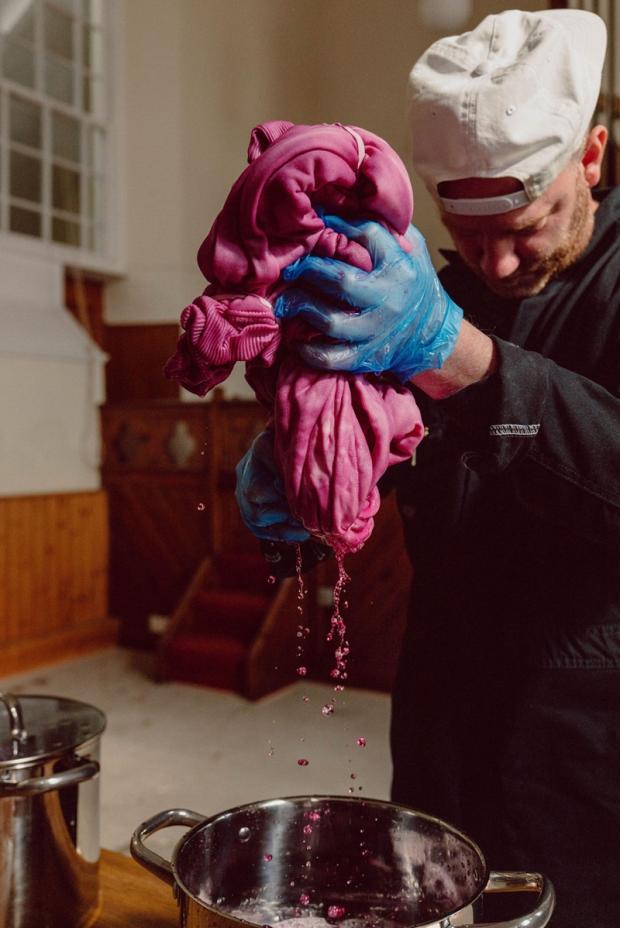

Subscribe for free